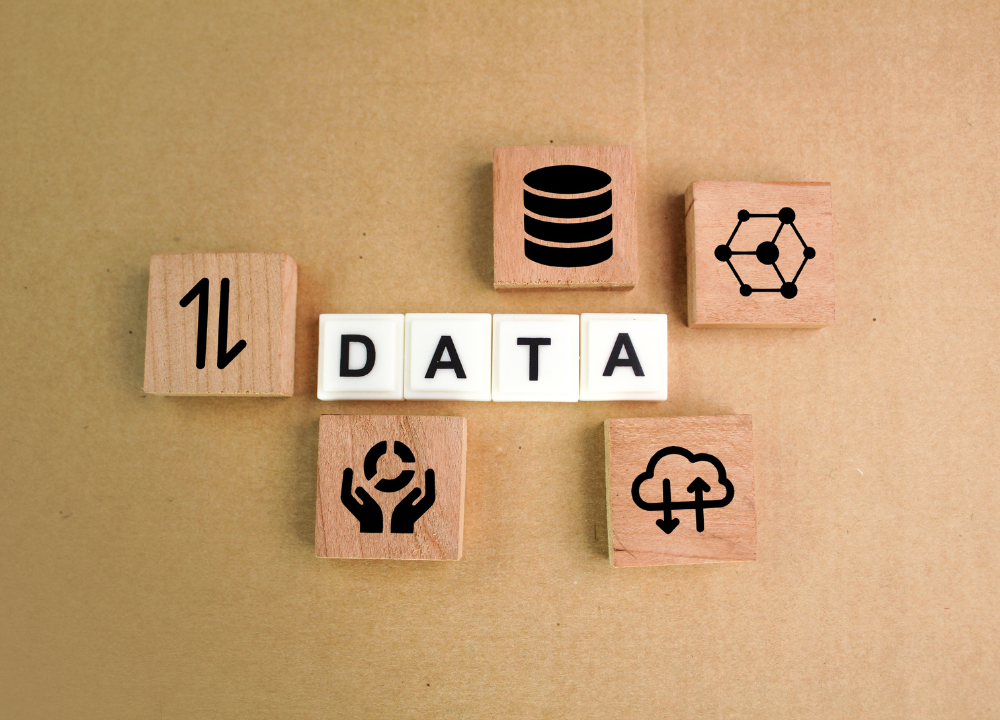Building a Data-Driven Culture: Top 10 Skills for Data Literacy

The world of business is evolving at an unprecedented pace, with data and Artificial Intelligence (AI) being at the forefront of this transformation. According to McKinsey, by 2025, most employees will use data to optimize nearly every aspect of their work. Smart workflows and seamless interactions between humans and machines will become the norm, making data literacy a fundamental requirement. This guide will explore the concept of data literacy and its growing role in businesses. It will also discuss the essential skills and challenges to be considered in order to thrive in the digital age.
What is Data Literacy?
Data literacy refers to a broad range of skills and abilities that enable individuals to read, write, and analyze data. It includes gathering, organizing, and interpreting data effectively and communicating insights and findings to others. A key aspect of data literacy is understanding data sources and constructs, data quality, analytical methods, as well as the ethical considerations involved in working with data.
In a data-driven world, data literacy is essential in various industries, such as business, healthcare, government, and academia. Moreover, it plays a critical role in driving innovation and success. Additionally, data literate individuals can make better-informed decisions, solve problems, and create more value in their personal and professional lives.
 Why is Data Literacy Important for Business?
Why is Data Literacy Important for Business?
Data literacy has become an essential component of modern business. According to a 2022 Forrester Research report on building data literacy, 87% of employees consider basic data skills essential for their day-to-day operations. Furthermore, an equal percentage of business owners expect their employees to have these skills at all levels. The report, however, reveals that only 40% of employees feel adequately trained in the data skills they are expected to possess.
Therefore, there is a pressing need for organizations to prioritize data literacy and invest in training and development programs for their employees. Without adequate data literacy skills, employees may struggle to leverage data for decision-making, hindering business operations and competitiveness.
Furthermore, according to IBM, data breaches in 2022 cost an average of $4.35 million globally and $9.44 million in the U.S. alone. Given the prevalence of data breaches in the workplace, a workforce with strong data literacy skills is crucial. Not only is this essential for enhancing business operations and decision-making, but also for protecting organizations from such costly intrusions.
What are the Essential Data Literacy Skills?
Here are ten key data skills:
- Data analysis skills for extracting, transforming, and analyzing data to identify trends and insights
- Data interpretation skills to interpret and draw conclusions from data and effectively communicate findings
- Data visualization skills for representing data visually in charts, graphs, and other formats that are easy to understand
- Data management skills to gather, organize, and maintain data in a way that is accurate, reliable, and secure
- Data ethics knowledge for understanding the ethical considerations involved in working with data, including privacy, security, and bias
- Mathematics to gain a deeper understanding of data, including knowledge of statistics, linear algebra, and calculus
- Business acumen for understanding the use of data in a business context, including knowledge of Key Performance Indicators (KPIs) and business strategy
- Proficiency in programming languages such as SQL, Python, and R to work with large datasets and perform complex analyses
- Problem-solving skills for solving complex problems at the workplace and making informed decisions
- Data management skills to collect, store, vet, and process data, including data wrangling, data mining, data warehousing, and data cleaning
What are the Benefits of Data Literacy?
Data literacy offers numerous benefits to help individuals and organizations thrive in the digital world. The advantages include:
- The ability to evaluate and analyze data, identify trends and patterns, and make informed decisions based on evidence
- Enhanced efficiency and effectiveness in the workplace by gaining insights and value from data, identifying areas for improvement, and optimizing operations
- Driving innovation by enabling individuals and organizations to identify new opportunities and develop new products and services based on data-driven insights
- Improved communication by helping individuals translate data into insights and stories. This allows them to communicate with stakeholders and decision-makers effectively
- Improved customer experience and satisfaction through personalized data-driven approaches
- Sharper edge in the job market and more opportunities for career advancement through valuable data literacy skills that are increasingly in demand
 What are the Challenges of Data Literacy?
What are the Challenges of Data Literacy?
Here are some common challenges that can impede the development of data literacy:
- Skills gap: Training and development programs are essential to address skill gaps that hinder the adoption of new data-driven tools and technologies
- Security and privacy: Organizations must prioritize secure and compliant data practices to ensure data privacy and prevent data breaches
- Resistance to change: The implementation of new tools and processes for data analysis and management may be met with resistance from employees who are comfortable with existing systems
- Accessibility: Limited access to data, or data stored in multiple locations or formats, can make gathering and analyzing data challenging
- Data quality: Poor quality data can negatively impact decision-making; furthermore, addressing data quality issues can be time-consuming and resource-intensive
ALSO READ: How an Advanced Certificate Program in Data Science Will Help You Break Into the Industry
Data literacy is essential for creating a data-driven culture in today’s business environment. Consider exploring Emeritus’ online data science courses from top universities to develop the necessary skills and drive success in any data-intensive field.
By Krati Joshi
Write to us at content@emeritus.org














